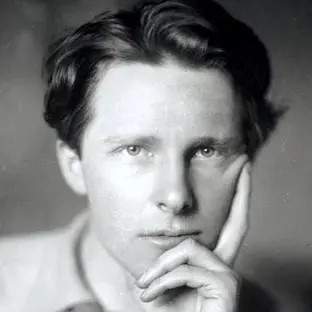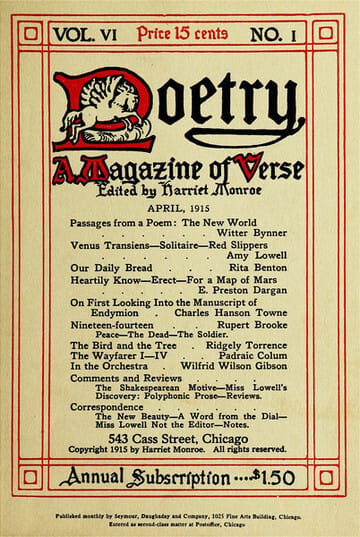A famous WW1 poem and its connection to Remuera
The Soldier
If I should die, think only this of me:
That there’s some corner of a foreign field
That is for ever England. There shall be
In that rich earth a richer dust concealed;
A dust whom England bore, shaped, made aware,
Gave, once, her flowers to love, her ways to roam;
A body of England’s, breathing English air,
Washed by the rivers, blest by suns of home.
And think, this heart, all evil shed away,
A pulse in the eternal mind, no less
Gives somewhere back the thoughts by England given;
Her sights and sounds; dreams happy as her day;
And laughter, learnt of friends; and gentleness,
In hearts at peace, under an English heaven.
Brooke sailed with the British Mediterranean Expeditionary Force on 28 February 1915, but developed severe gastroenteritis whilst stationed in Egypt followed by streptococcal sepsis from an infected mosquito bite. French surgeons carried out two operations to drain the abscess, but he died of septicaemia at 4:46 pm on 23 April 1915, on the French hospital ship Duguay-Trouin, moored in a bay off the Greek island of Skyros in the Aegean Sea, while on his way to the landings at Gallipoli. He was 27 at the time of his death. As the expeditionary force had orders to depart immediately, Brooke was buried at 11 pm in an olive grove on Skyros. https://en.wikipedia.org/wiki/Rupert_Brooke
The connection is Major General Sir George Richardson who was in charge of the New Zealand Expeditionary Force administration in England in WW1. He was president of the Auckland Returned Services Association, was Patron of the Remuera Returned Soldiers Social Club and died aged 70 at his home at 20 Omahu Rd, Remuera in 1938.
A POET’S GRAVE Much has been written about the last resting place of the poet Rupert Brooke, who died two days before the Gallipoli landing, on the small Greek island of Skyros, where he was serving as an officer in the Royal Naval Division, says the “New Zealand Herald.” It is not generally known, however, that the beautiful site of the grave was chosen by the late Major-General Sir George Richardson, who at that time was a lieutenant colonel on the division’s staff. Some years ago, in an address to the boys of the Auckland Grammar School, Sir George stated that the responsibility had been his. “I selected his grave on a little knoll under an olive tree,” he said, “and there he lies peacefully today.” Evening Post, 14 June 1938, Page 15.
Read more about Sir George Richardson here:

